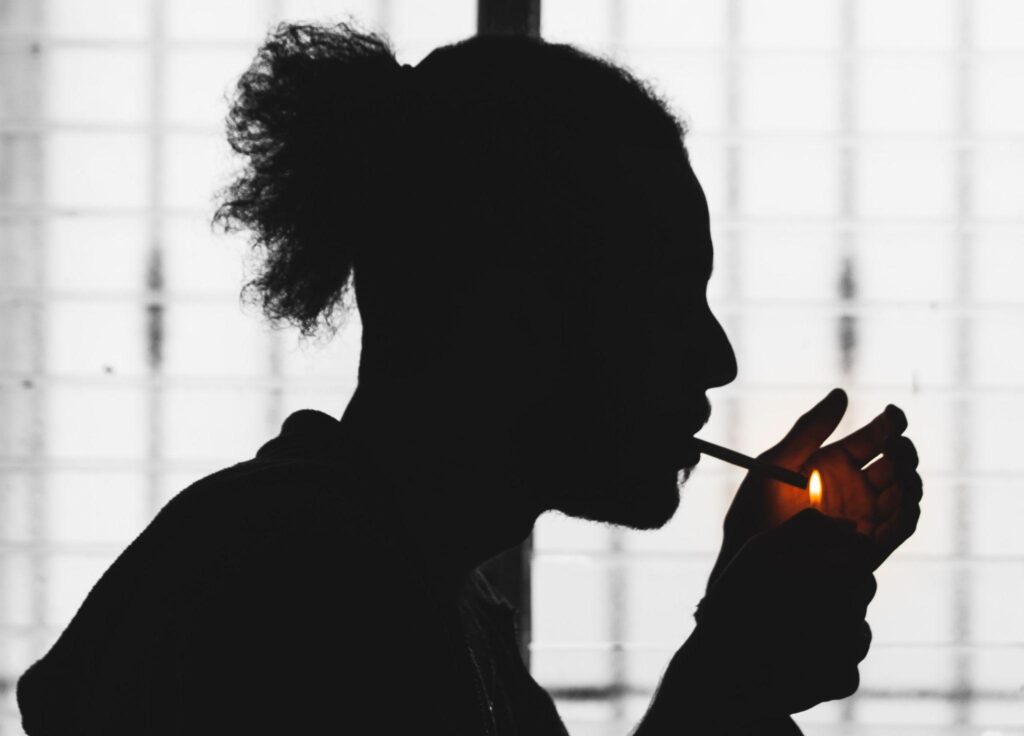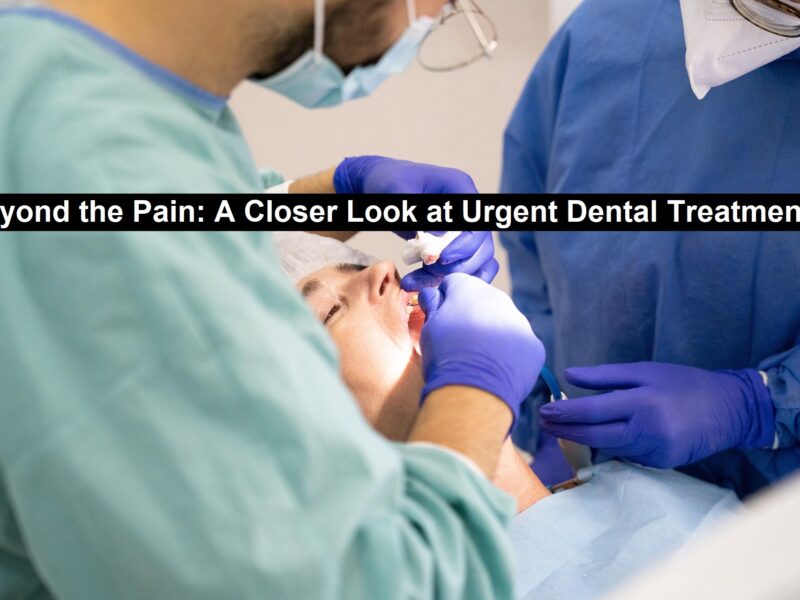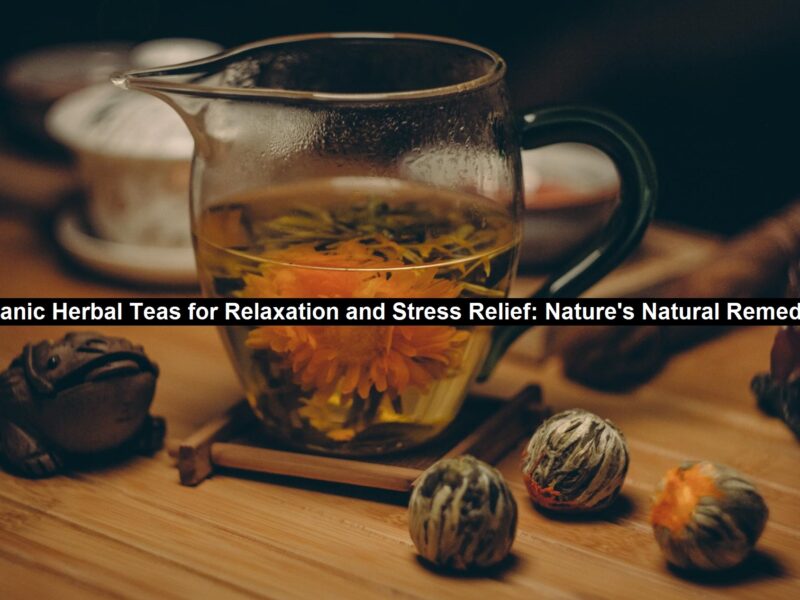Introduction
Addiction is a living torment for both men and women. There are several differences in consequence of addiction, its causes, manifestations, and cures per different persons. There has been a considerable difference in the experience of addiction between men and women with the type of substance commonly used. A sexologist doctor in India can help men and women who are struggling with sexual addiction. For most age groups, men have higher addiction dependency rates as compared to women. Women are more likely to develop substance abuse disorder as compared to men.
There are sociological and biological differences between suffering from men and women. Many types of research have shown that men and women undergo physical differences revolving around estrogen and testosterone production in the body in addition to size, and composition that cause enormous effects in the body.
Listed below are significant differences between addiction in men and women:
Women

Dependence on addiction in women develops faster as compared to men, even in lower amounts of substance consumed. This happens due to higher body fat and lower body water volume getting diluted with water. Women develop health-related issues due to substance abuse, such as breast cancer and damaging nervous systems, faster than men.
In general, women have a higher chance of developing co-occurring mental health conditions and substance use. Women most often meet different criteria for diagnosis, such as mood disorders, depression, PTSD, eating disorders, and anxiety. They are also more likely to undergo physical and mental violence, physical and sexual abuse. Premature ejaculation is a common sexual problem in which a man ejaculates sooner than he or his partner would like during sexual activity.
The rates of sexual abuse are highly reported in women as compared to men. These harsh experiences build trauma within women’s minds, which requires clinical treatment while treating addiction and other psychological health conditions. Some programs interlink the relation between trauma and its symptoms, such as eating disorders, anxiety, depression, etc.
Women are more likely to develop an addiction to opioids that help them overcome the pain that they and men end up in a room or overdose on the drug. Women are more likely to develop an addiction to stimulants at an early age as compared to men.
There are women who are more likely to develop alcoholism, and they suffer a significant impact of alcohol on the body even if consumed in smaller amounts. This also makes them suffer tragic health issues and other consequences of alcohol and drug abuse.
Moreover, women are most often characterized for their substance abuse conditions. This is why higher reports of guilt and shame are developed within them. These feelings are always associated with caregiving within the gender. Several women develop an addiction because either of their parents has experienced issues with substance abuse.
Women do not seek treatment for addiction due to their commitments in personal and professional life. In addition to this, there is high characterization which makes it difficult for women to seek help. Many unique services help women achieve early and non-relapsing recovery by meeting their specific needs, such as therapy for depression and trauma, family therapy, and other required help.
It’s essential for women to seek treatment facilities specifically for them, as many times, success rates of recovery are highly achieved in women from programs specifically designed for them. While looking for treatment, always look for the personalized crafted services for substance abuse, nutrition in addiction treatment and other specific obstacles in their path of recovery.
Men

The reason for getting into addiction for men is also the same as for women. Men usually intake a high amount of alcohol regardless of their age, race, or medical condition. Many young men and boys social rites, male institutions, and sports encourage alcohol use. About pregnancy: There is no safe amount of alcohol to drink during pregnancy. Men also start binge drinking at an early age, resulting in developing alcohol-related problems 5times faster than women.
Men also have a childhood history of sexual abuse and violence or are victims of their partners. Men develop a feeling of shame while dealing with substance abuse. This makes it challenging for them to talk about emotional and substance abuse. Hence they do not seek help for behavioral health issues. Men develop more severe addiction and create a feeling of antisocial disorder due to one or more substance abuse.
Men get addicted to substance abuse because of the positive feeling, satisfying pleasures they get from intake of these substances. The bodily difference between men and women makes them consume more of an addiction for intoxication. Thus they take it long to develop a feeling of dependence within them.
Men are more likely to fall towards nicotine and alcohol use. They are more likely to smoke cannabis and involve themselves in beige drinking.
The addiction treatment generally depends on male addictions, which is why they tend to start early recovery. Men also have a higher chance of addiction relapsing as compared to women. Men might require more extended time in rehab and are less likely to seek help in case of addiction relapsing. This is why men are advised to take proper aftercare to prevent relapsing of addiction back in their everyday life.
While looking for addiction treatment for men, look for practical communication training, sexual issues, managing emotions, anger management, PTSD, etc. Group therapies have turned effective in treating the addiction habits of males.
Conclusion
Men and women do their best while recovering from addiction. The difference here ranges from higher access and opportunities for the same. This increases social pressure and a higher chance of disposition for addiction. There are gender-specific programs available that are customized as per specific needs.
Author Bio:
Jennifer is an entrepreneur, marketer, and writer. She received her master of arts in media studies from the New School. A Florida native, lover of naps and beaches. Explore her writings by visiting the mandala healing center.



